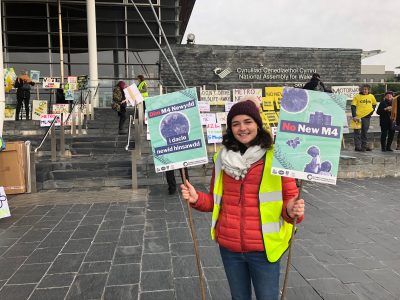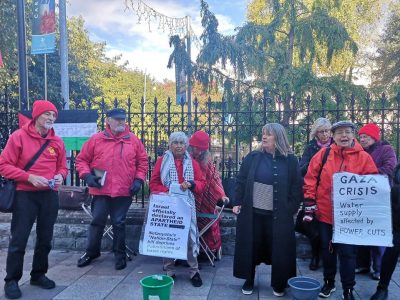What is the “Bedroom Tax”?
The “Bedroom Tax” requires recipients of social housing benefits to pay a subsidy if the property they rent has more bedrooms than their needs dictate. With social housing shortages in the UK it is intended to ensure that any available space is being used as fully as possible.
Citizens are claiming that there are few smaller properties with less bedrooms, meaning that spare bedrooms are an inevitability.
Many people are complaining that they are being forced out of their homes, homes which they have lived in for many years in some cases, because of the tax.
Vulnerable members of society have been particularly affected, with a number of those hit by the tax being disabled citizens whose needs often require them to live in a home which would now be seen as under occupied.
A community leader has said the new “Bedroom Tax” is forcing citizens into crime to stay in their homes.
Sue Leader of Ely Against the Bedroom Tax said: “People are having to break the law to find the money to pay for this tax.
“We’re seeing people having to resort to selling drugs, their possessions, anything that means anything to them”, she claimed at a rally against the tax on Saturday.
The tax, called a “spare room subsidy” by the government, sees housing benefits reduced if recipients have more bedrooms in their home than they need.
Saturday’s rally saw at Cardiff City Hall saw over 100 people march against the tax.
Campaigners say spare rooms are unavoidable, with smaller properties hard to come by.
What is the “Bedroom Tax”?
The “Bedroom Tax” requires recipients of social housing benefits to pay a subsidy if the property they rent has more bedrooms than their needs dictate. With social housing shortages in the UK it is intended to ensure that any available space is being used as fully as possible.
Citizens are claiming that there are few smaller properties with less bedrooms, meaning that spare bedrooms are an inevitability.
Many people are complaining that they are being forced out of their homes, homes which they have lived in for many years in some cases, because of the tax.
Vulnerable members of society have been particularly affected, with a number of those hit by the tax being disabled citizens whose needs often require them to live in a home which would now be seen as under occupied.





